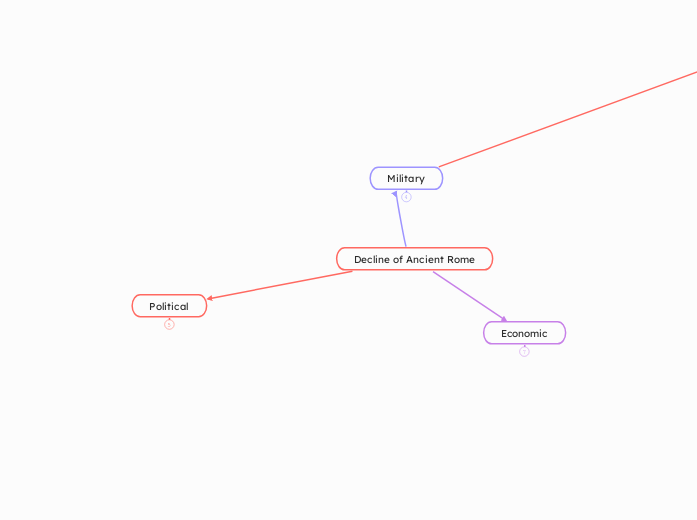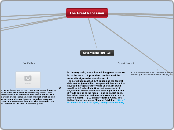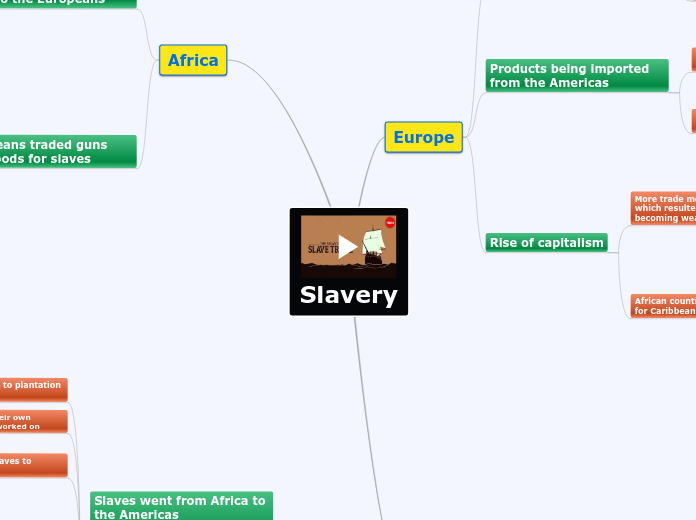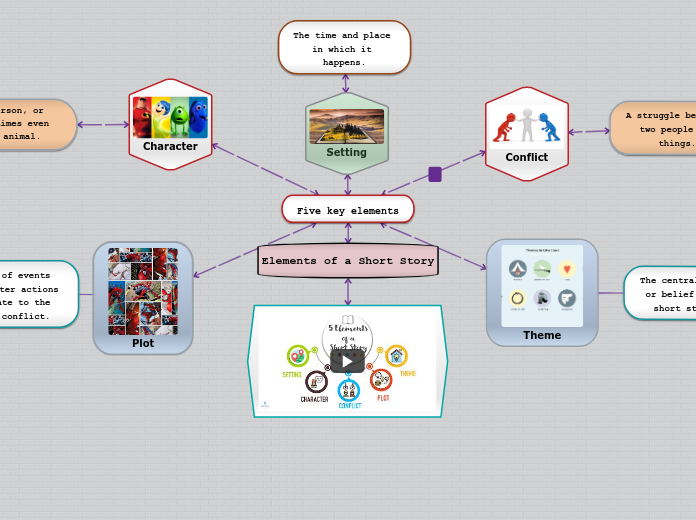por yara sabolic 3 meses atrás
57
Decline of Ancient Rome
The Germanic tribes, facing territorial loss and pressure from the Huns, sought refuge within Roman borders. Although Rome allowed them entry, these tribes were met with poor treatment, leading to significant conflict.









